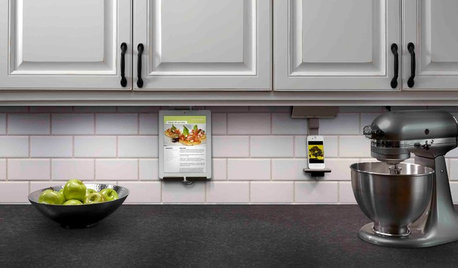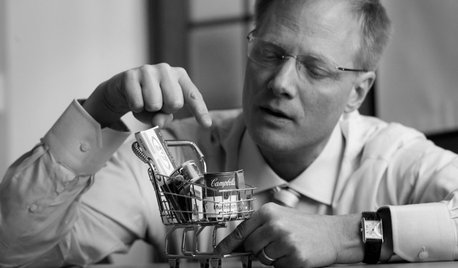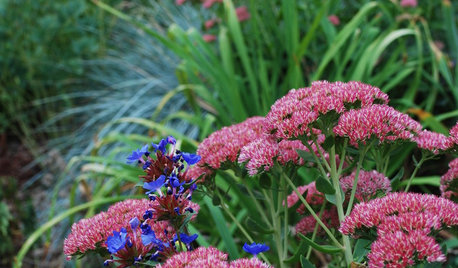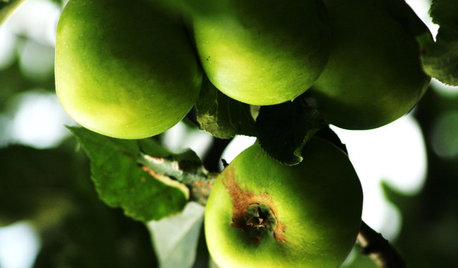Tomatoes, lycopene and cancer prevention
rusty_blackhaw
17 years ago
Related Stories

KITCHEN DESIGNHouzz Call: What’s Cooking in Your Kitchen?
Most of us turn to recipes, videos and culinary shows when we cook. Where do you set your cookbook, tablet or TV screen?
Full Story
MOST POPULAR7 Ways to Design Your Kitchen to Help You Lose Weight
In his new book, Slim by Design, eating-behavior expert Brian Wansink shows us how to get our kitchens working better
Full Story
LIFE10 Beautifully Simple Ways to Go Greener in the New Year
You may just find more green in your wallet along the way
Full Story
GARDENING GUIDESFall Is Calling: What to Do in Your October Garden
Get a jump on winter prep or just sit back and watch the leaves fall. The beauty of an autumn garden is in all the choices you have
Full Story
EDIBLE GARDENSHow to Add an Apple Tree to Your Edible Garden
Readily available, beautiful and fragrant, apple trees offer four-season interest along with crisp, juicy fruit
Full Story
KITCHEN DESIGNHouzz Quiz: Which Kitchen Backsplash Material Is Right for You?
With so many options available, see if we can help you narrow down the selection
Full Story
GREEN BUILDINGThe Big Freeze: Inventors Break New Ground to Keep Things Cool
Old-fashioned fridges can be energy guzzlers, but there are more eco-friendly ways of keeping food fresh, as these global innovations show
Full StoryMore Discussions






lucy
biophilia
Related Professionals
Windham Landscape Architects & Landscape Designers · Forest Acres Landscape Architects & Landscape Designers · Downey Landscape Contractors · Fair Oaks Landscape Contractors · Fort Payne Landscape Contractors · Fuquay-Varina Landscape Contractors · Mission Landscape Contractors · Placerville Landscape Contractors · Roswell Landscape Contractors · Salmon Creek Landscape Contractors · Tavares Landscape Contractors · Whitehall Landscape Contractors · Pataskala Carpenters · Mooresville Roofing & Gutters · San Jose Roofing & Gutterslucy
biophilia